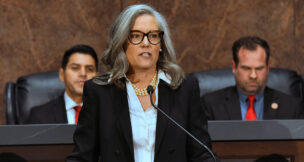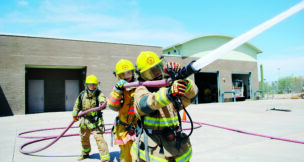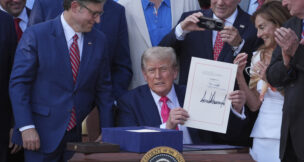There are too many unnecessary obstacles to voting in Arizona
Guest Opinion//November 17, 2016//
On Election Day two people close to me were disenfranchised even though they were registered to vote. Why? One is on probation and the other had moved and her...











































